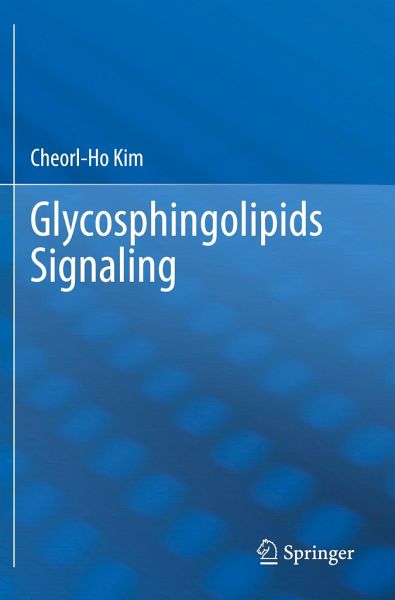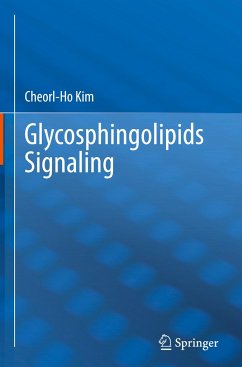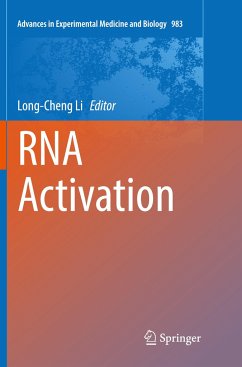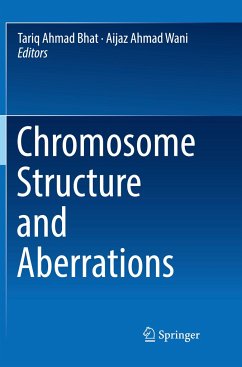
Glycosphingolipids Signaling
Versandkostenfrei!
Versandfertig in 6-10 Tagen
113,99 €
inkl. MwSt.
Weitere Ausgaben:

PAYBACK Punkte
57 °P sammeln!
This book presents the latest knowledge and the most recent research results on glycosphingolipid (GSL)-mediated signaling. GSLs are important constituents of the plasma membrane that exert their distinct functions through binding to certain functional proteins. They play a role in various human diseases and also function as human alloantigens. Cellular GSLs are associated with many biological functions such as cellular oncotransformation, phenotype change, neuronal or embryonic development, regulation of cell division, cell-cell interaction, cell attachment, adhesion, and motility, and intrac...
This book presents the latest knowledge and the most recent research results on glycosphingolipid (GSL)-mediated signaling. GSLs are important constituents of the plasma membrane that exert their distinct functions through binding to certain functional proteins. They play a role in various human diseases and also function as human alloantigens. Cellular GSLs are associated with many biological functions such as cellular oncotransformation, phenotype change, neuronal or embryonic development, regulation of cell division, cell-cell interaction, cell attachment, adhesion, and motility, and intracellular signaling via protein-carbohydrate or carbohydrate-carbohydrate interactions. This book opens by providing the key background on GSL glycan-receptor interactions and mammalian GSL synthesis. Up-to-date information is then presented on all aspects of GSL-dependent signaling. Viral protein and bacterial toxin protein interactions with host cell GSLs are examined in depth, and the concluding chapter is devoted to signaling regulation. The book should assist in the further development of new strategies against emerging infectious agents and intractable diseases.














